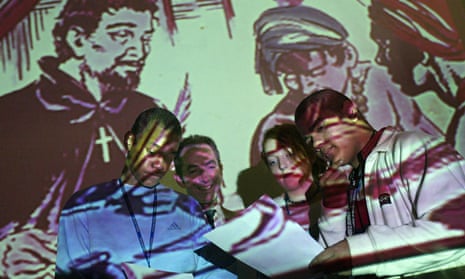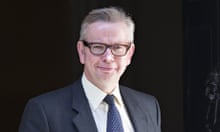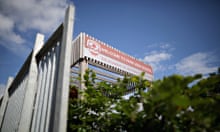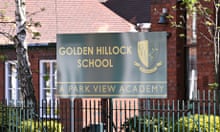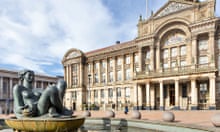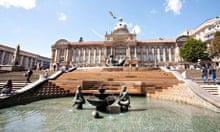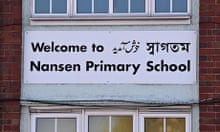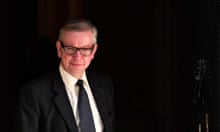In my youth I was a member of a UK organisation that called itself “The Movement to Reform the Muslim Youth”. Back then, we regrettably had an extremist mindset that was characterised by dreams of global domination for Islam. These would involve the re-establishment of a caliphate and the enforcing of a narrow, sectarian, xenophobic and puritanical theology.
This organisation went on to become Jimas, which has since come a long way and now embraces an ecumenical and inclusive philosophy. However, it also gave birth to a more reactionary offshoot that maintained the ultra-conservative Islamism and the original name of the organisation, led by Tahir Alam from Birmingham until its closure in 1995.
I have not had much contact with Alam in the past 20 years, occasionally bumping into him when he wore his “Muslim educationalist” hat, which included him serving as chair of the education committee of the Muslim Council of Britain (MCB). I am not familiar with his personal, intellectual or religious journey over the past two decades. As readers may be aware, Alam is allegedly now at the centre of what is referred to as the “Trojan horse” plot.
None of the revelations that have come to light in recent weeks as a result of investigations into the plot surprise me. These include the findings in Peter Clarke’s draft report, leaked to the Guardian, which found strong evidence of an Islamist agenda ruining a small number of schools in Birmingham. The methods are familiar to me, as is the mindset that inspires them.
Clarke’s draft report found that some state schools in Birmingham had, through pressure applied by certain teachers and governors, adopted a puritanical approach towards a few issues. This involved forbidding any mention of condoms or contraceptive pills, which is bizarre since these are routinely used by devout Muslim couples. It also extended to banning some art and playing musical instruments even though the Islamic tradition is diverse and has a long history of debate about, and expression of, artistic and musical forms.
It was also found that teachers were not explaining biological evolution in an appropriate manner. Evolution is no longer “just a theory”, as some assert without understanding how the term “theory” is used in scientific discourse. It is now accepted as a scientifically proven fact by scientists worldwide with few exceptions. It is probably no coincidence that a senior overseas cleric issued a fatwa against evolution at a major Birmingham mosque as recently as December 2010.
As well as exposing, and hopefully dismantling, a hardline Islamist plot to influence state schools in Birmingham, this whole affair has also bought the role of religion in the education sector into sharp focus. With this in mind, we need to clarify the place of religion in state schools. For example, is it reasonable to expect a school with a majority Muslim population to hold Christian prayers during assembly, daily worship apparently being a legal requirement? Should it offer Islamic prayer instead or different assemblies for pupils of different religious and non-religious backgrounds? Does modern religious diversity mean we do away with collective worship at school or adopt a multi-faith approach? Schools around the country regularly grapple with such issues.
There is also a need to amplify the internal Muslim debate about matters relating to education. The debate is currently characterised, on the one hand, by hardline voices, exemplified in a 2007 MCB report co-authored by Alam. This report said that pupils should be allowed to opt out of music lessons, often taking no account of the diversity of Muslim opinion. On the other hand, there is the more moderate and generally sensible report published in 2010 by British Muslims for Secular Democracy.
As a result of this unfortunate episode, we need to put measures in place to ensure that the teaching of religion in schools is objective, balanced and non-discriminatory, while all school activities and practices are inclusive and devoid of narrow religious or political influences. While state schools must remain sensitive to the cultural needs of all pupils, isolationist and xenophobic tendencies must be challenged robustly and not accepted as part of faith or cultural practice. Governance structures also need to be improved so that schools are more careful about whom they appoint. Extremists, even if they are non-violent, should not be allowed to work in schools or be governors, and attempts to impose puritanical agendas on schools in the public sector must not be allowed to happen again.
